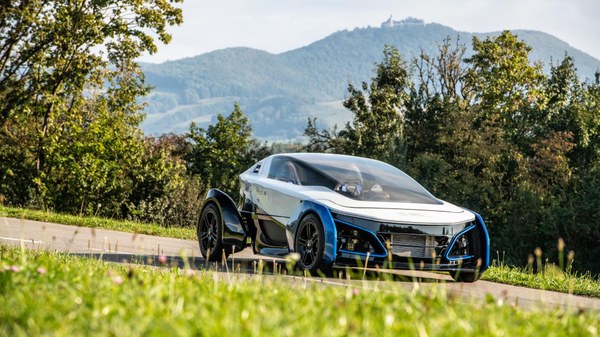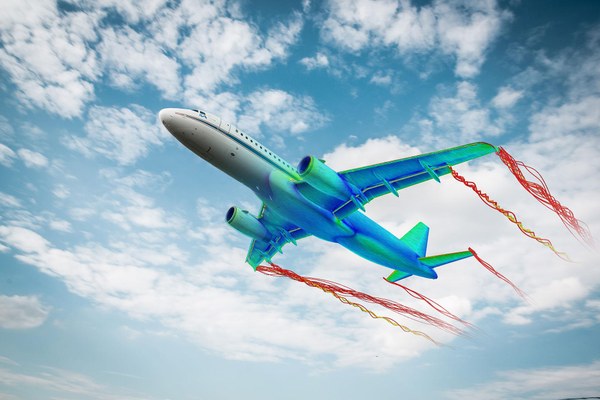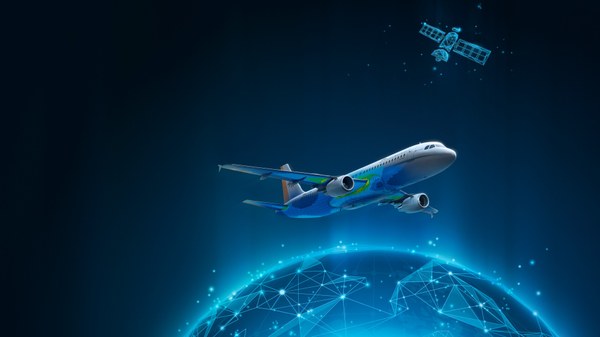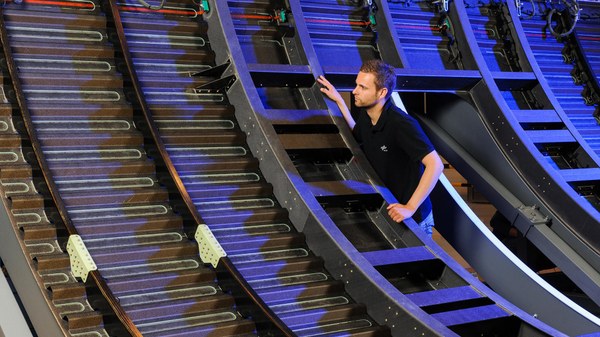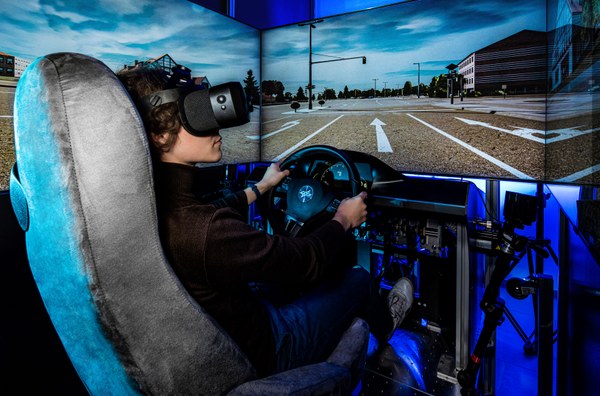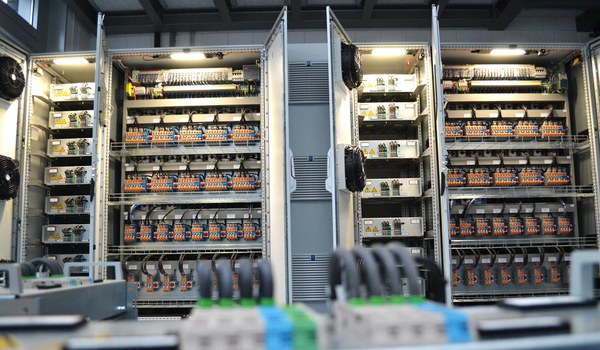FFAE – Focus applications, vehicle structure, powertrain & energy management
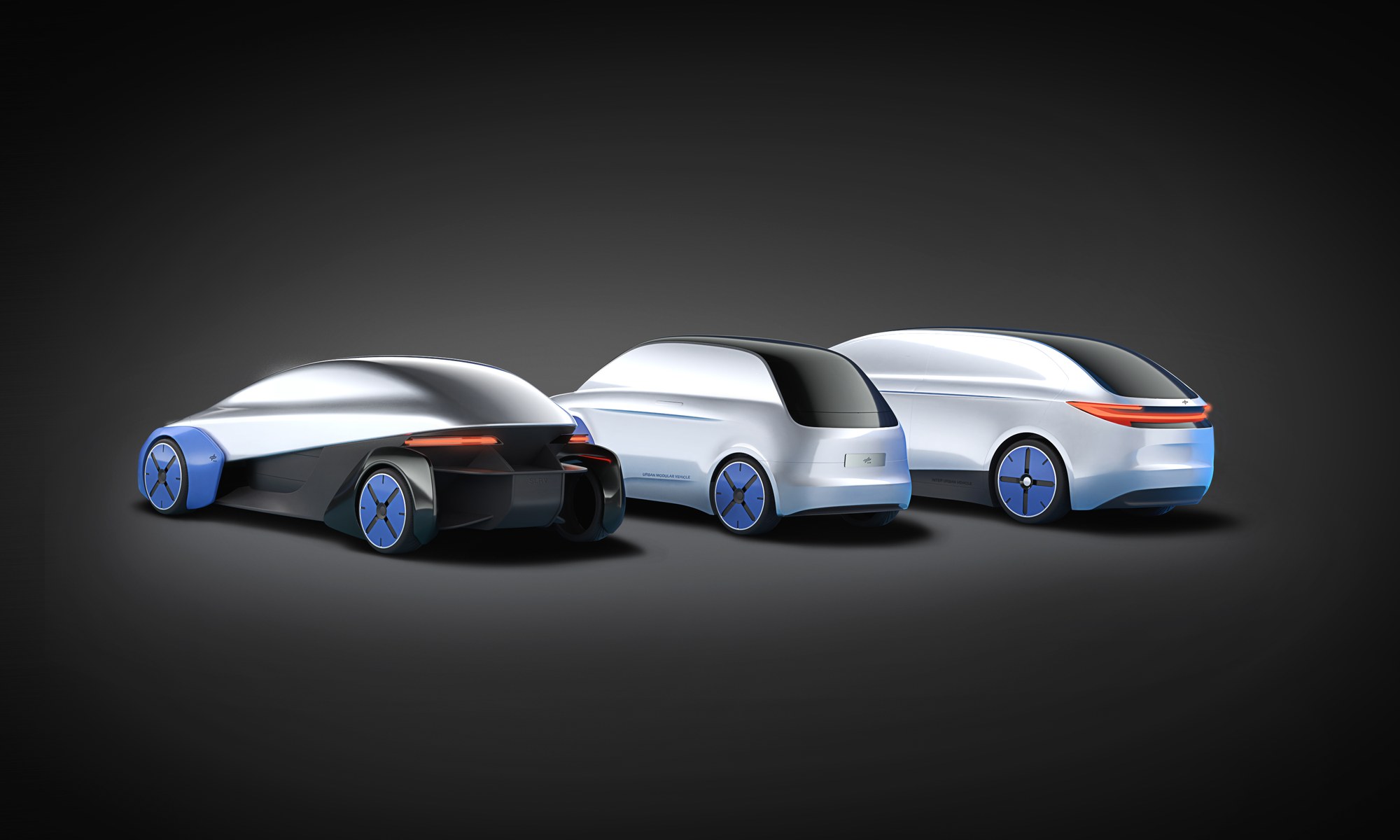
Duration: 2022 to 2025
A key challenge for the mobility of the future and its necessary transformation lies in ensuring efficient and sustainable road transport for people and goods. The research activities must demonstrate new ways of achieving and implementing the agreed environmental and climate protection targets in a timely manner at a conceptual, methodological and technological level. Future concepts, methods and technologies to improve and safeguard the future of mobility can only be effectively realised if they are based on a systemic approach that takes into account the needs of road users, the transport system including infrastructure and relevant vehicle technologies as a whole.
Orientation and goals
The FFAE (Focus applications, vehicle structure, powertrain & energy management) project will answer research questions from the material, subsystem and system levels through to the vehicle level and its integration into the energy system, which are the subject of the Helmholtz Research Program Transport. This technological and methodological work thus opens up new possibilities for sustainably supporting the transformation of road transport in order to contribute to an emission-free, more efficient, resource-conserving and sustainable transport sector.
The work is grouped into focus applications and overarching 'lighthouses', thus providing an integrated system view and presentation in the Road Transport and Transport programme theme. In this context, 'focus applications' are addressed at the level of the FFAE project and the road transport programme, while 'lighthouses' are presented at the level of the transport programme.
The main research and development activities are addressed in the following areas:
- Focus applications - (complete vehicle) concept
- System-relevant vehicle technologies
- Vehicle production
- Infrastructure / sector coupling
including the required development methods. The potential of the overall systemic approach inherent in FFAE is ensured by assigning the methods and technologies to be developed to focus applications. These are, for example, a Long Haul Robot Truck, the U-Shift and the NGC People Mover. The objectives of the project are the conception, design, realisation and verification of resource-saving methods and system-relevant technologies for road transport vehicles. The project takes all phases of the product life cycle into account.
Project structure
The FFAE is funded by the German Aerospace Center (Deutsches Zentrum für Luft-und Raumfahrt; DLR). It involves 12 DLR institutes and research facilities. The project is being led by the Institute of Vehicle Concepts. In order to achieve the overarching goals of the project whilst enabling an efficient and goal-orientated project structure, the project content has been divided into five thematically and functionally meaningful sub-projects (TP):
- TP 1000: Vehicle / Body / Interior / Exterior
- TP 2000: Powertrain / Storage
- TP 3000: Material solutions
- TP 4000: Ventilation / Comfort / Decontamination
- TP 5000: Energy management / sector coupling
These areas contribute individually, but also through the project's overall holistic approach, to a comprehensive view of the challenges faced by future road transport vehicles.
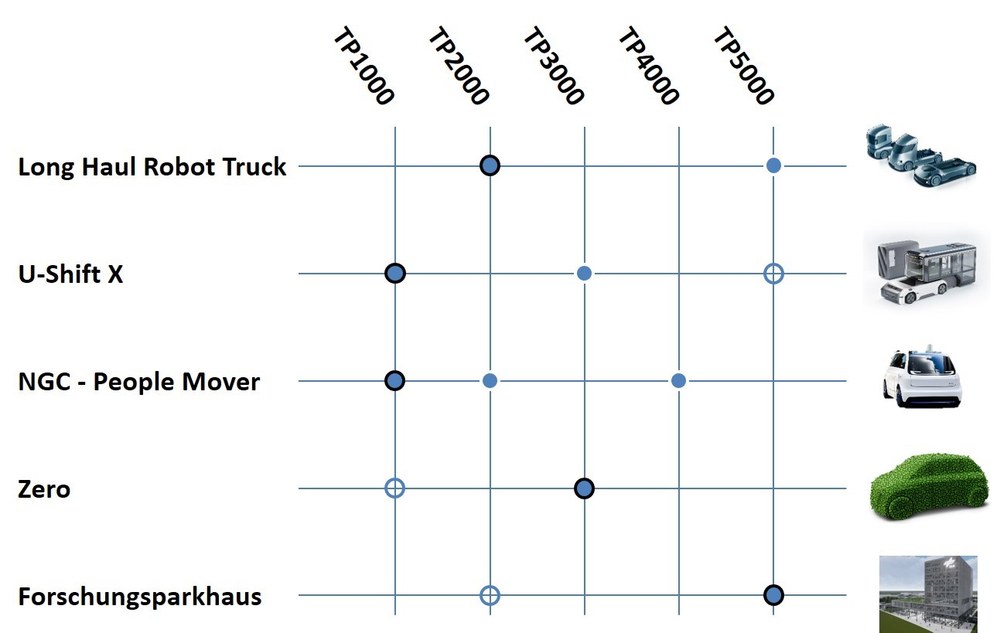
The project FFAE - Focus Applications, Vehicle Structure, Powertrain & Energy Management
- Project type: Basic funding
- Funding body: DLR Transport Programme Directorate
- Duration: 2022 to 2025
- Project budget: 32 million euros full costs
- Lead institute: DLR Institute of Vehicle Concepts

